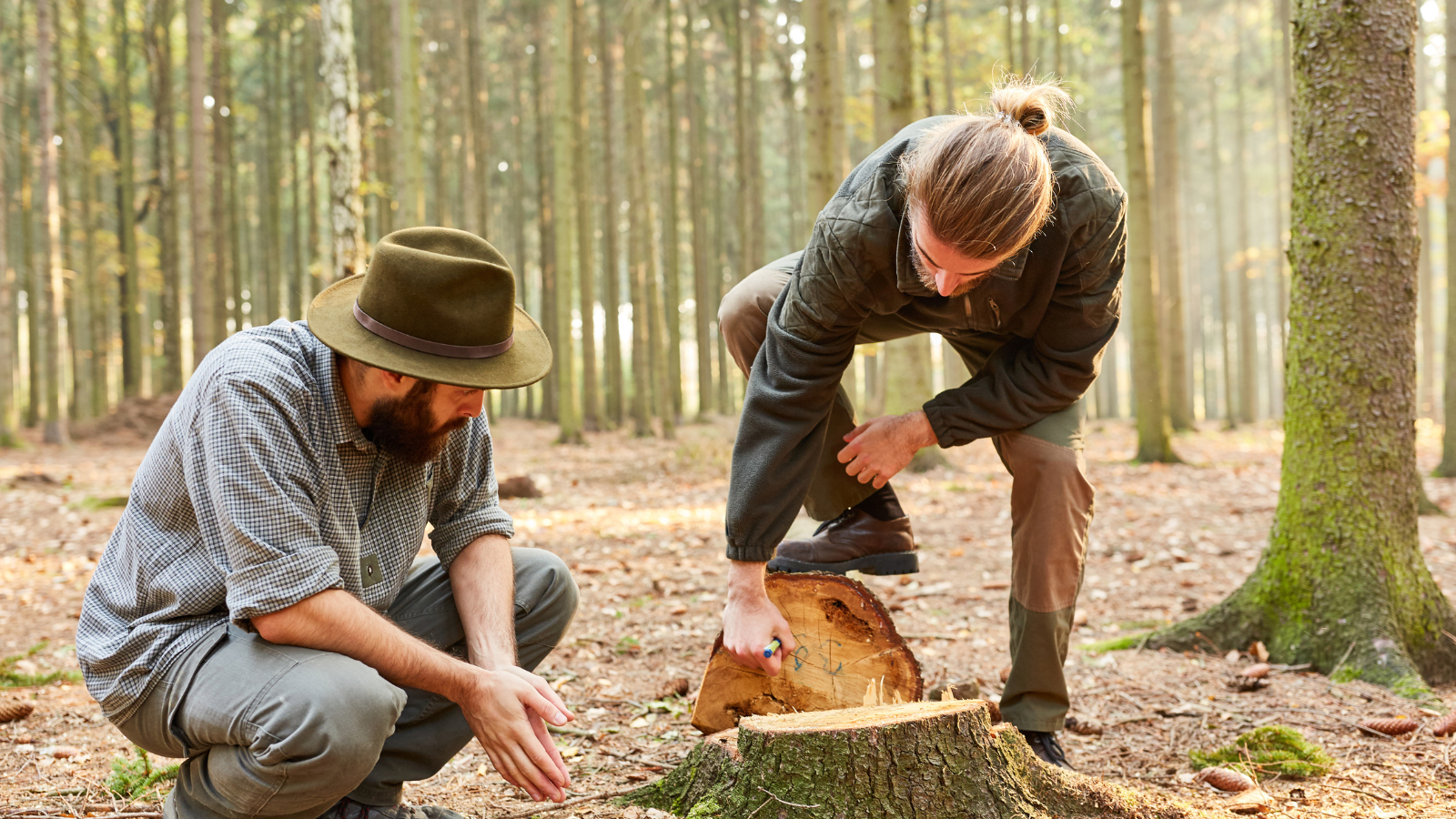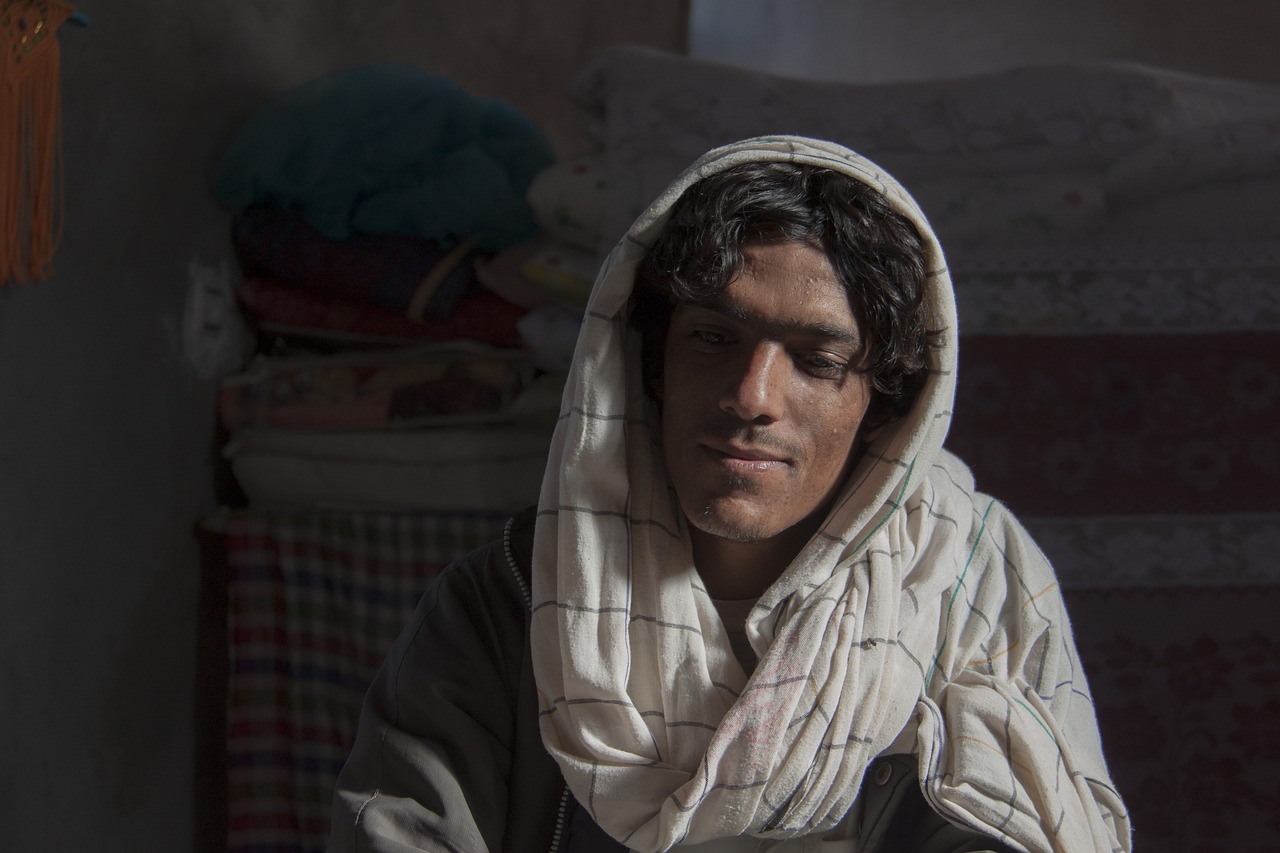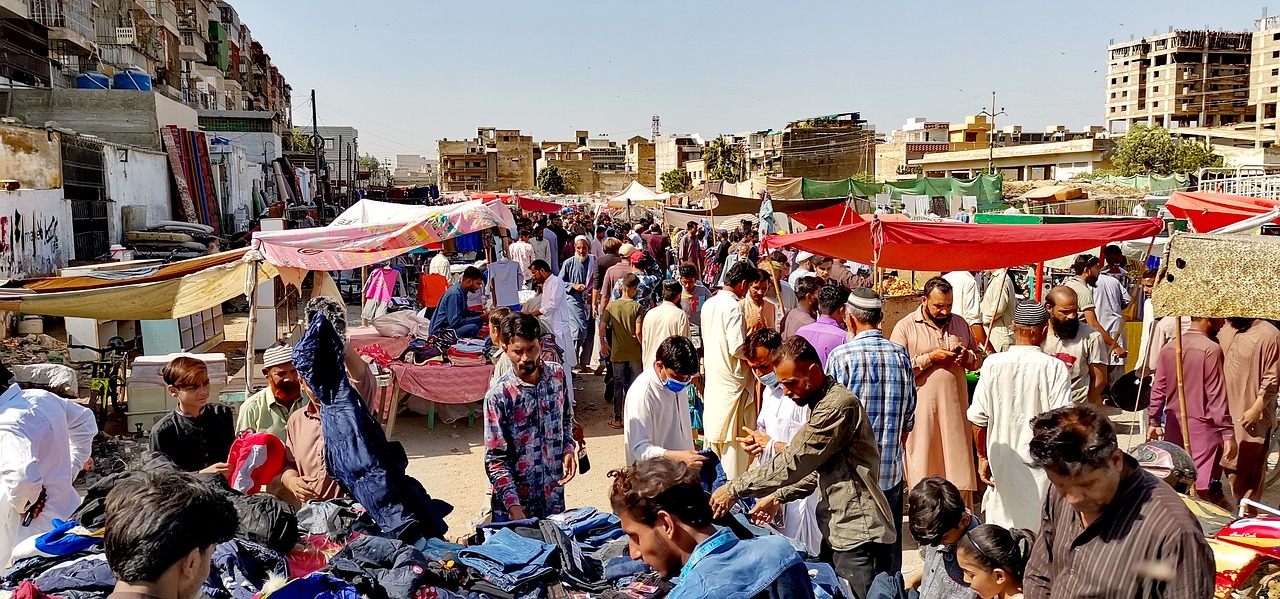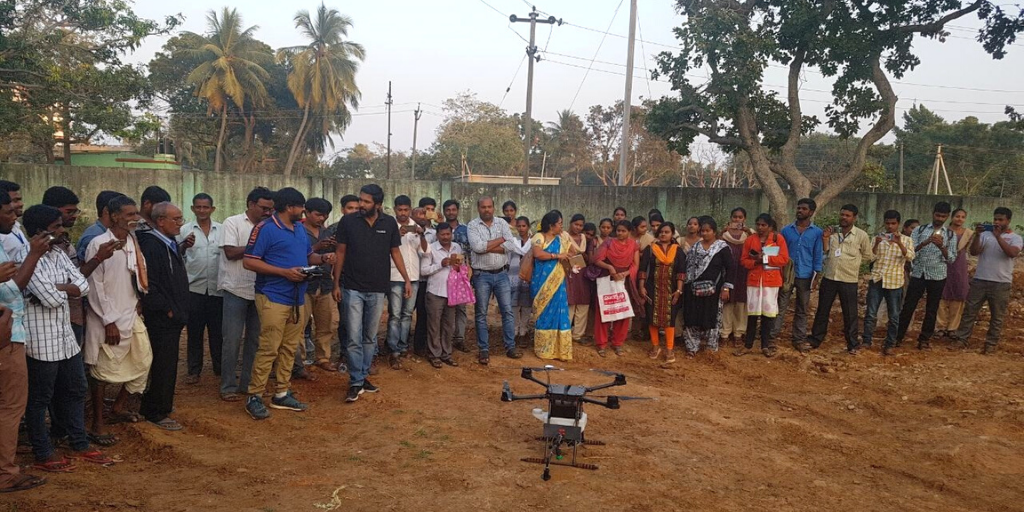Research projects
Rooted yet transitioning: evolving senses of place and sustainability of Swedish forest owners
MISUM researchers: Mattia Bianchi, Professor, Department of Entrepreneurship, Innovation and Technology, SSE; Mary Kathleen Fitzpatrick Burke, Postdoc, Department of Entrepreneurship, Innovation and Technology, SSE
Project dates: September 2024 to September 2026
Forests are pivotal to Sweden's national strategy for sustainable development and the transition away from fossil fuels. Yet, the diversity of private forest owners' views on sustainable forest management creates a complex interplay between wood production, social, and environmental goals. These nuanced balances found on the ground are not fully captured by the management literature’s focus on global challenges and broad categories of sustainability behaviors. In this study, we leverage theories of place and embeddedness in entrepreneurship to explore how the ecological and emotional ties between forest owners and their land shape sustainable practices. We delve into two main areas: the individual values and ethical considerations that influence owners' senses of sustainability and place, and the evolving nature of these perspectives as owners navigate opportunities offered by new technologies and respond to various stakeholder demands. Utilizing a framing approach – where frames denote the beliefs, values, and meanings people attach to their experiences – and employing both qualitative and quantitative methods, we aim to shed light on how forest owners' personal views on place and sustainability mirror their forest management practices and entrepreneurial aspirations for the future. Our findings aim to inform theories of sustainable entrepreneurship, offering strategic implications for the forestry industry, policymakers, and rural development initiatives.
The project is funded by the Lars Erik Lundbergs Foundation for Research and Education, grant no. E-2024-1003912.
Sustainable green gold? Mapping the plurality of value creation logics and agentic change efforts in the market transformation of the Nordic forestry sector
MISUM researchers: Suvi Nenonen, Professor, Department of Marketing and Strategy, SSE; Kaisa Koskela-Huotari, Assistant Professor, Department of Marketing and Strategy, SSE
Project dates: January 2023 to December 2025
Markets can be efficient mechanisms for allocating resources. Extant sustainability research has primarily focused on market regulation and the creation of dedicated marketplaces, e.g., for emissions trading, thus overlooking other ways of transforming markets for increased sustainability. Before it is possible to shift from this reactive “fixing market-failures” approach to a more proactive “shaping markets for sustainability”, research is needed on how different conceptions of value and value creation logics influence markets and market-shaping. Furthermore, insights are needed into the dynamics of multiple concurring market-shaping efforts, giving rise to unpredictable – and potentially unsustainable – outcomes. We conduct an in-depth case study in the Nordic forestry sector where the plurality of value creation logics and shaping efforts is visible in the increasing tensions between, e.g., biodiversity, carbon offsets, renewable energy, recreation, and traditional industrial uses of wood. Theoretically, our research fills an important gap left between the current understanding on how to make individual firms more sustainable and how to shape markets for improved economic – but not environmental or social – outcomes. Practically, we provide a toolkit to identify and navigate conflicting value creation logics and shaping efforts that often obstruct needed sustainability transformations.
The project is funded by the Riksbankens Jubileumsfond (RJ).
More information about the project here.
Healing forest – Organizing more-than-human care relations
Reframing the forest sector: investigating the emergence of innovations as drivers of industry transformation
MISUM Researcher: Mattia Bianchi, Professor, Department of Entrepreneurship, Innovation and Technology, SSE
Innovations, manifested as new products, services, business models, or technologies, have the potential to drive broad, paradigmatic shifts within industries. Classic illustrations of such industry-transforming innovations include the containerization in shipping, smartphones in mobile communication, peer-to-peer platforms like Airbnb in hospitality, and SpaceX's reusable rockets in space exploration.
This research project aims at investigating whether and how emerging innovations are reshaping the forest sector.
In the Nordic countries of Europe, there is a widespread belief that the current, production-centric forest sector needs systemic changes to properly address severe environmental problems like climate change and biodiversity preservation. The strategy of increasing wood extraction, as championed by bioeconomy proponents, to substitute fossil-based, carbon-intensive materials, may result in higher GHG emissions and biodiversity loss. These dilemmas have sparked polarized, politically charged discourses among forest stakeholders, most prominently in Sweden. Rooted at the heart of these discourses are the disparate cognitive frames of these stakeholders, leading to divergent beliefs on the fundamental value and meaning of forests to humanity.
The research hinges on the concept of 'reframing'—a shift from established cognitive frames to novel ones, potentially gaining prominence and eliciting consensus among stakeholders—as the foundation for transformative innovations.
Understanding the human body as a source of emancipation: A focus on marginalized entrepreneurs
MISUM Researchers: Enrico Fontana, Cranfield School of Management, and Mette Morsing, Oxford University
Other researchers and institutions: Sanne Frandsen, Lund University.
Project dates: August 2021 – August 2025
In this project the researchers aim to better understand the ways that the human body can serve as a tool to help entrepreneurs in disenfranchised contexts of the Global South to alleviate constraints of marginalization. They draw on multiple sources of data collected over the past few years and, while paying special attention to gender non-conforming persons, they observe how marginalized entrepreneurs strategize around their body to realize business opportunities and improve their lives. The project lies at the crossroads between the entrepreneurship as emancipation literature and the organizational aesthetics literature. In practice, it connects with the United Nations Sustainable Development Goals 1 (No Poverty) and 10 (Reduce Inequalities).
Organizing for social and environmental conditions in emerging markets’ supply chains: The bottom-up perspective of third-tier suppliers
Misum Researcher: Enrico Fontana, Cranfield School of Management
Other researchers: Atif Khan, EDC Paris
Project dates: September 2023 – September 2026
The more we move upstream in emerging markets’ supply chains, the less we know about social and environmental conditions. Against the backdrop of the Pakistani apparel supply chain, this project seeks to better understand what are the social and environmental conditions at the level of raw material supplier firms (third-tier cotton bale sellers), and how they are managed. The researchers are particularly interested to examine the bottom-up perspective of managers, workers and other individuals in the local context of production as they organize for the provision of raw materials between local dynamics and global performance pressures. The project seeks to contribute to organization theories and conversations in the field of supply chains, and links with the United Nations Sustainable Development Goals 8 (Decent Work and Economic Growth) and 12 (Responsible Production and Consumption).

Performance management for a sustainable future: Exploring the feasibility of prosocial assumptions
Misum researchers: Sarah Jack, Professor, Department of Entrepreneurship, Innovation and Technology, SSE; Jan Pfister, University of Turku
Other collaborating institutions: United Arab Emirates University, ESCP Paris, University of California at Berkeley, Lancaster University
Project dates: September 2022 to August 2026
Performance management and management control systems (MCS) research has been significantly influenced by economic theory that rests on the assumption that individuals are self-interested utility maximizers who might shirk organizational responsibilities for personal gain if an opportunity arises to do so. However, given that social theories can have profound performative and thereby even self-fulfilling effects, the study argues that this assumption paradoxically creates a narrative in research and practice that cultivates rather than challenges the values and norms of selfish or even antisocial organizational behavior.
Cultivating prosocial behavior in organizations is posited in this study as an important condition for solving the wicked problems of our time. Drawing on the design principles of Elinor Ostrom, the 2009 Nobel Prize Winner in Economics, this project provides a novel approach to MCS research to study performance management in organizations based on prosocial assumptions. This prosocial approach assumes that self-interested behavior tends to outperform prosocial behavior within groups, but prosocial groups outperform groups dominated by self-interested behavior. The researchers explore the prosocial approach in different theoretical domains and empirical settings, such as the areas of academic research culture, public sector administration, the technology industry, the finance industry, gender equality and poverty alleviation.
The project is funded by the Academy of Finland.
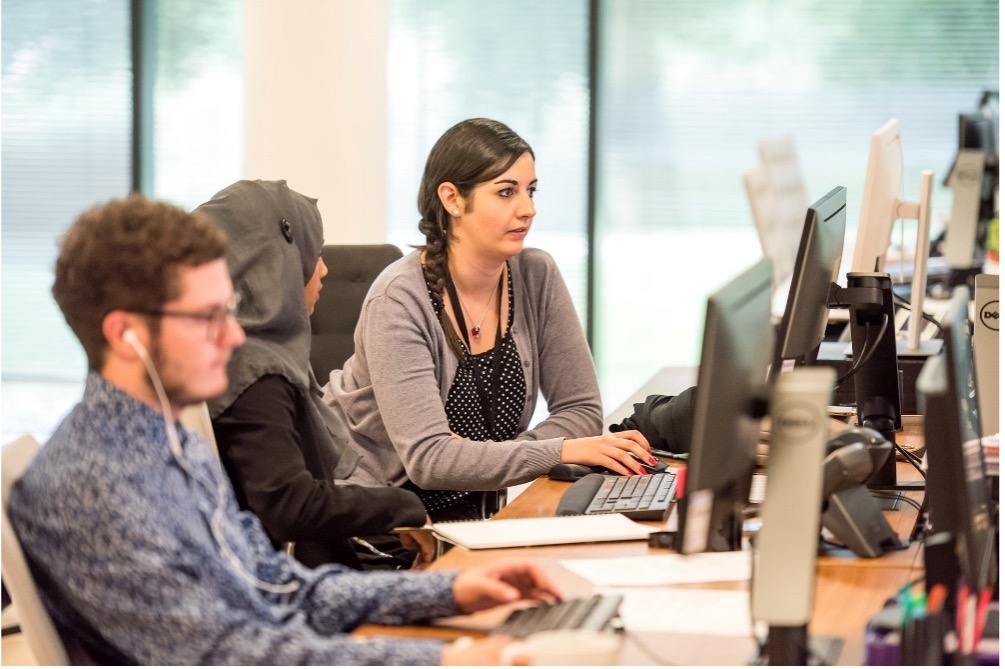
Migrants’ integration in EU countries: for a selected few only?
Misum researchers: Laurence Romani, Professor, Department of Management and Organization, SSE
Other researchers or collaborators: 10 partner universities from the CIVICA alliance
Project dates: March 2023 to February 2024
The MERITA seed project brings together an interdisciplinary team of researchers from the CIVICA alliance, spanning management, sociology, political sciences, economics and law, to investigate shifts in how EU member states think about and practice the integration of people with a migration background. Individual migrants are increasingly seen as responsible for their own integration and there is therefore less responsibility placed on host societies. In addition, who is to be integrated and on what grounds are also changing, meaning that a certain value regime now underlies defined grounds for integration.
The project is exploring two central research questions: the current logics of thinking on integration and the implications of these logics, leading to the possible creation of increased social and racial inequality in societies. The main result of this project will be the development of a larger research program.
The project is funded by CIVICA research.

RECIRCULATE: Capacity-building for a safe circular water economy
Misum researchers: Kathleen Burke, SSE; Sarah Jack, SSE; Rhiannon Pugh, Lund University; and Afua Owusu-Kwarteng, Lancaster University
Main project stakeholder: Centre for Global Eco-Innovation (CGE), Lancaster University (PIs: Kirk Semple and Nigel Paul)
Other researchers or collaborators: Council for Scientific and Industrial Research (Ghana), University of Benin (Nigeria)
Project dates: 2017-2022
RECIRCULATE is an international, interdisciplinary research partnership centered around goals of solution-focused research, community engagement, and business-research collaboration. The aim is to enable scientific researchers and entrepreneurs across Africa to grow transformational impact through working “with, in and for” their communities through an equitable approach to partnerships. Built around six work-packages related to different features of the circular water economy, researchers, institutional partners (i.e., universities in Ghana, Nigeria, Malawi, Zambia, Botswana and Kenya, NGOs, industrial and policy research institutions) are contributing to the achievement of UN SDGs, evident in lively social network interactions, rigorous research outputs and tangible solutions to ecological challenges.
The project is funded by UK Research and Innovation through the Global Challenge Research Fund (GRCF). Recirculate is an international collaboration, led by the Centre for Global Eco-Innovation (CGE) at Lancaster University with partners in Ghana, Nigeria, Malawi, Zambia, Botswana and Kenya. More about the project here. Image from Pexels.
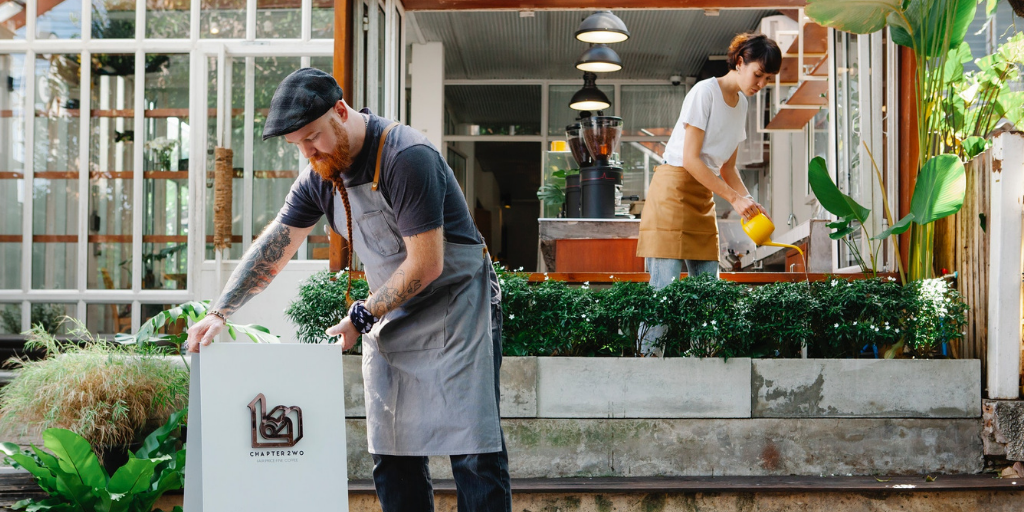
Sustainability and entrepreneurship in family businesses
Misum Researchers: Mattias Nordqvist, Professor of Entrepreneurship, Innovation and Technology, SSE; Sarah Jack, Professor of Entrepreneurship, Innovation and Technology, SSE; Marcela Ramírez-Pasillas, Jönköping International Business School
This project focuses on sustainability and entrepreneurship in different types of family business settings. One part of the project looks at how large, multigenerational business family groups (e.g., the Wallenberg family) organize for sustainability in the companies in which they are engaged as owners - either directly or through the Wallenberg foundations. As well as how they integrate sustainability as a core part of their strategies for the companies. The other part of the project looks at how entrepreneurial families can build engagement with entrepreneurship by developing or investing in new sustainable ventures, and stay close to their core values of long-term orientation and the importance of sustainable business practices.
Image from Pexels.

Public procurement of functions – A stepping stone towards a more sustainable future
Misum researchers: Sarah Jack, SSE and Margo Enthoven, SSE
Other researchers and collaborators: Linköping University, Örebro University
Main project stakeholder: Huddinge Municipality (with several other private and public actors)
Project dates: 2020 - 2022
The research team investigates how circular business models and circular procurement models are co-developed between public and private parties. Their research takes place in the market for work clothing in Sweden and includes both public buyers and private suppliers. Both parties experience disincentives to change for sustainability, which leads to a market situation whereby sustainable change cannot be brought about if both suppliers and procurers act as per the status quo. To break out of this situation, procurers step out of their role as buyer and take on a role as a solution orchestrator. The final ‘function’ that is procured exists as several partial solutions in the market. It does not exist as an integrated solution in the market without the procurer as a spider in the web, knitting the different elements of the integrated solution together.
Project funded by Marianne & Marcus Wallenberg Stiftelse. Image from Unsplash.

International Family Enterprise
Misum researcher: Tanja Leppäaho, Professor at LUT University, Finland
In the International Family Enterprise project, funded by the Academy of Finland, we focus on exploring the specific features of family firms in their internationalization process over time. Our studies are based on archival data, case studies, and survey/panel data, with a special focus on the building and development of network ties - and the heterogeneity of family firms amongst themselves - within the internationalization process. Our dataset covers even 150-years long internationalization paths over time from the Finnish forest industry and also other types of manufacturing firms from the later historical contexts.
This project is part of a programme coordinated by the International Association for Accounting Education & Research (IAAER) with funding from KPMG. More about the project here. Image from Pexels.

Targeted-MPI
Misum researcher: Sarah Jack, Professor of Entrepreneurship, Innovation and Technology, SSE
TARGETED-MPI responds directly to the Horizon H2020-SwafS-09-2018-2019 call under the topic support to Higher Education and Research Organisations to implement Gender Equality Plans (GEPs). The project focuses specifically on institutional changes through the development and effective implementation of Gender Equality Plans (GEPs) in Business and Management (B&M) schools to drive more inclusive, sustainable and transparent academic cultures. In this endeavour, a number of substantial challenges arise which can be classified into three main categories: i) overall role of women in academia, ii) Gender Equality in B&M schools and iii) the TARGETED-MPI project context.
From rural poverty to Smart Villages
Misum researchers: Jan Pfister, Senior Lecturer, Department of Accounting and Finance at the University of Turku; Sarah Jack, Professor at the Department of Entrepreneurship, Innovation and Technology, SSE
The overall objective of this research project is to understand and explain how different stakeholders, including government, start-ups, medium and large companies, universities, and rural villagers in emerging countries, can be orchestrated to uplift poor rural communities. The project employs ethnographic field research methods and explores the emergence of the Smart Village Movement (SVM) in India, an initiative from the University of California at Berkeley to empower poor rural communities through digital technologies and co-innovation platforms and give them access to global markets and networks, bringing new knowledge, capabilities, and wealth flows in a responsible manner. The SVM focuses on eight areas it aims to improve in the rural communities: agriculture, connectivity, education, energy, health care, livelihood, sanitation, and water. Hence, this research builds on the assumption that rather than pursuing individual bottom of the pyramid initiatives, the broader social embeddedness of poor communities needs to be co-created with them to facilitate bridging social capital, while preserving their existing bonding social capital.
This interdisciplinary project operates in cooperation with the Center for Growth Markets and the Garwood Center for Corporate Innovation at the Haas School of Business, University of California, Berkeley, USA. Individual projects are pursued in collaboration with leading scholars in the fields of entrepreneurship, information systems, and innovation. Image by Werner Fischer.
Collective entrepreneurship, innovation and internationalization of the Spanish service industry (1900-2017) (CEIISSI)
Misum researchers: Paloma Fernández, Universidad de Barcelona; Elena San Román, Associate Professor at Universidad Complutense de Madrid
Over the last decades, the EU has become a “service economy” as far as service sectors have developed faster than manufacturing sectors, and services account for some 70 per cent of the EU economy. This research project focuses on three of the traditional activities within the services industries: tourism, healthcare, and transport. According to the UNWTO, tourism is a social, cultural and economic phenomenon that entails the movement of people to countries or places outside their usual environment for personal or business/professional purposes. By health industries, we consider the various activities in manufacturing (drugs, biotechnology, medical devices, etc.), infrastructure (hospital design and construction) and services (nurse care, insurances, hospital management, etc.) in relation to healthcare. Finally, transport services refer to the movement of goods or people using inland, air or maritime transport on a given network.
This project is funded by the Spanish Ministry of Science, Innovation and Universities. Image from Unsplash.
